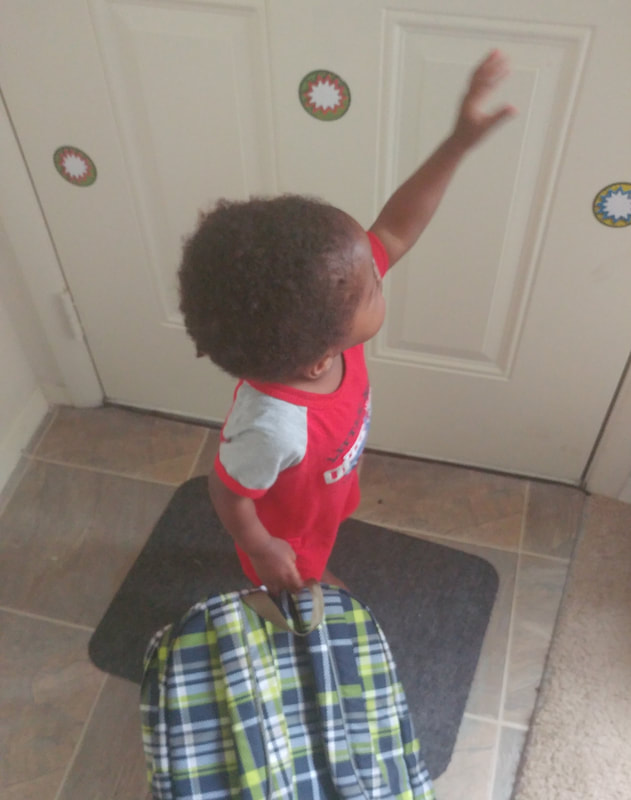|
As children get older, we decide they must be taught. I am of two minds about this. On one hand, I believe with the right environment and tools, children will teach themselves. Children pick up things on their own all the time. On the other hand, I also believe that there are certain foundation skills that should be explicitly taught. Really, I think both are true. Regardless of where you fall on the teaching philosophy spectrum, it is important to know what makes learning effective. Good teachers know their ABC's. A is for ability. Most people will not teach multiplication to their toddlers. Or expect them to sit quietly for hours on end. We recognize that these things are beyond their ability. Children gain become independently capable of different things at different times. Many parents are concerned when their 5 or 6 year old cannot read or write well. Yet the normal range for reading development is 3 to 9. Writing fluently has a similar range. Focus and motor skills are two other areas that have varying levels of ability. A child's ability to attend, not be distracted, hold a pencil comfortably, etc... will impact their academic achievement. B is for belief. There's a popular motivational poster that says, "Your Attitude Determines Your Altitude." This is mostly true. We try and do things that we believe we can do. If a child believes they are not good at math, or not very smart, they will not try very hard. On the other hand, if they think they can, they will put forth the effort. How do we build a child's self-esteem? How do they know they can? C is for competence. Belief and competence go hand in hand. Every time a child succeeds, their self-esteem grows. As parents and teachers, it is our job to give children many, many opportunities to succeed. In order to do so, we must also let them fail. You cannot have success without failure. But failing well is an art. When our children fail, we have to teach them to figure out what went wrong. We have to see if we set them up for failure by going outside of their ability. We have to encourage their efforts so they will try again. We must give them support where needed. No child does better because they should. They do better because they are nurtured and given the chance to do so. Have you seen the ABC's work for your child?
Have you seen the effects of ignoring the ABC's? Share your experiences in the comments. |
AuthorShay Malone is a development specialist. A certified teacher (emotional and learning disabilities and middle school mathematics) with a background in psychology, she has worked with children and families for over 15 years in many different capacities. She believes that emotional growth is just as important as academic achievement. Shay is an advocate for homeschooling, exceptional learners and quality education. Archives
September 2018
Categories
All
|
Telephone757-209-2095
|
|


 RSS Feed
RSS Feed
